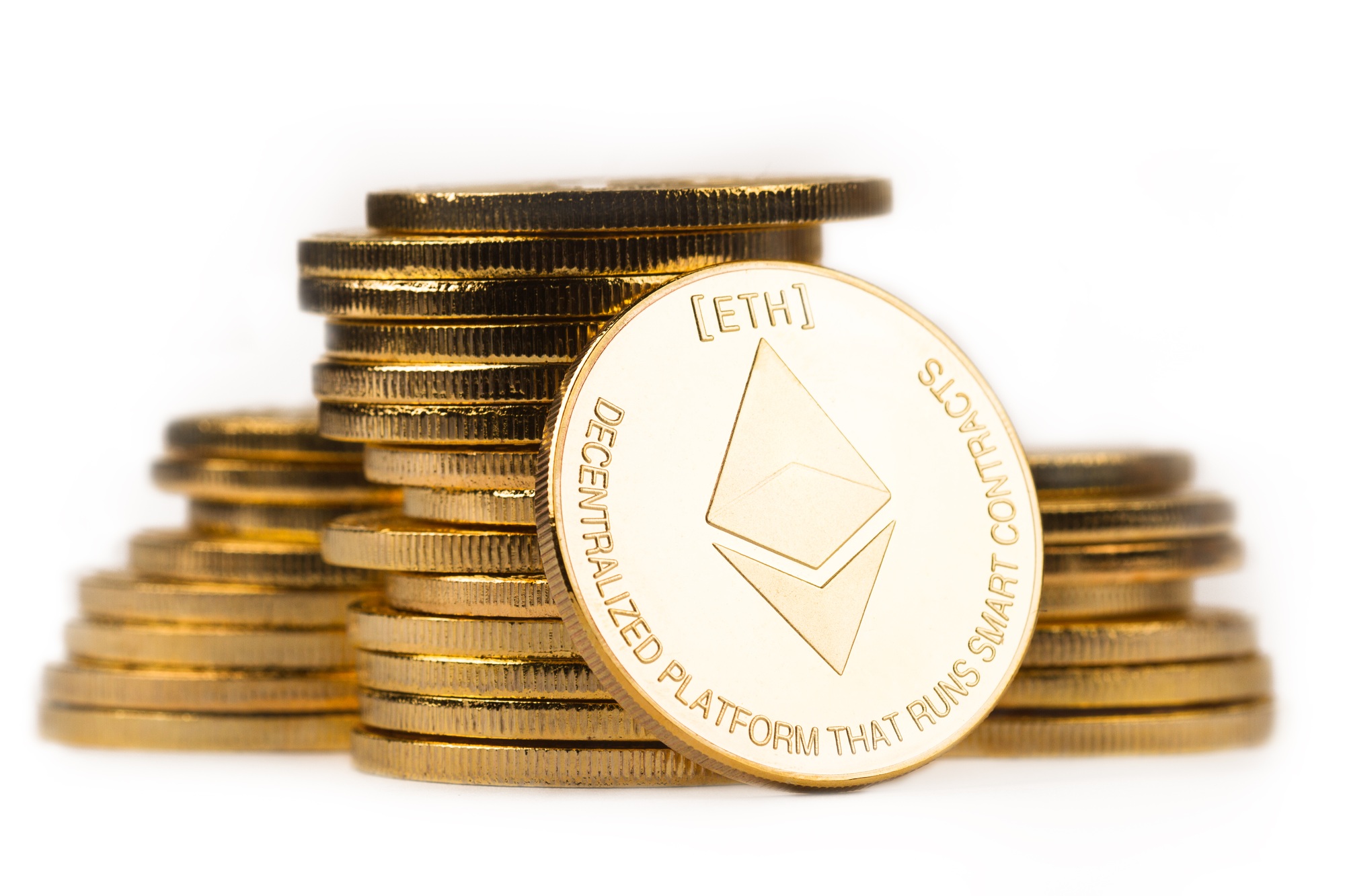Major corporations are expanding their digital asset portfolios by adding Ethereum alongside Bitcoin, signaling a significant shift in corporate investment strategies. Traditionally, Bitcoin has dominated corporate crypto holdings due to its status as the leading digital asset. However, recent trends indicate that more companies are recognizing the potential of Ethereum as a valuable asset on their balance sheets. This development is driven by the increasing adoption of blockchain technology and the expanding ecosystem surrounding Ethereum, including decentralized finance (DeFi) and non-fungible tokens (NFTs).
Over the past year, several high-profile companies have started to include Ethereum as part of their treasury management. This shift is partly motivated by Ethereum’s versatile blockchain platform, which supports smart contracts and decentralized applications. As of now, more organizations see Ethereum not just as a speculative asset but as a strategic investment that aligns with their technological and financial goals.
The trend towards adding Ethereum to corporate balance sheets is also influenced by the broader acceptance of cryptocurrencies in financial markets. Institutional investors and large corporations are increasingly comfortable with digital assets, considering them a hedge against inflation and a store of value. Ethereum’s growing ecosystem, coupled with ongoing upgrades like Ethereum 2.0, enhances its appeal for long-term holding strategies.
Implications of this trend are far-reaching. For one, it could lead to increased institutional adoption and further legitimization of cryptocurrencies in mainstream finance. Additionally, companies holding Ethereum might benefit from potential price appreciation, especially as the Ethereum network continues to develop and expand its use cases.
Market analysts suggest that this shift could influence the overall crypto market dynamics, potentially boosting Ethereum’s price and encouraging other firms to follow suit. It also raises questions about how companies will manage and report their digital assets on financial statements, prompting regulatory discussions around crypto accounting standards.
Looking ahead, investors and market watchers should keep an eye on corporate disclosures concerning their Ethereum holdings, upcoming updates to the Ethereum network, and regulatory developments that could impact digital asset holdings by companies.
What are the main reasons companies are adding Ethereum to their balance sheets?
Companies are adding Ethereum because of its expanding ecosystem, smart contract capabilities, and potential for long-term growth as a strategic investment.
How might this trend impact the overall cryptocurrency market?
This trend could lead to increased institutional adoption, higher Ethereum prices, and broader acceptance of cryptocurrencies in mainstream finance.
What are the regulatory considerations for companies holding Ethereum?
Regulatory frameworks are still evolving, and companies need to navigate accounting standards and legal compliance related to digital assets.







